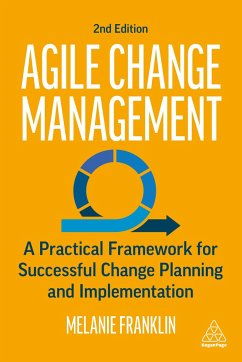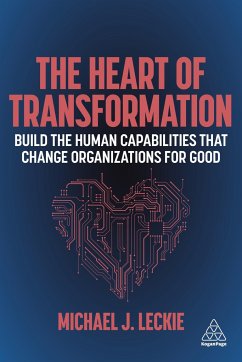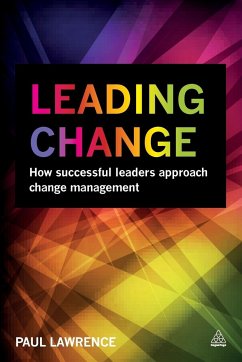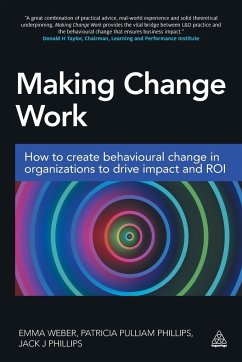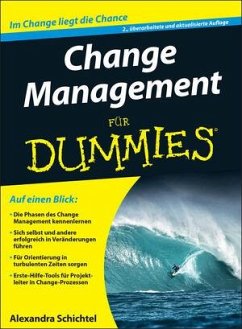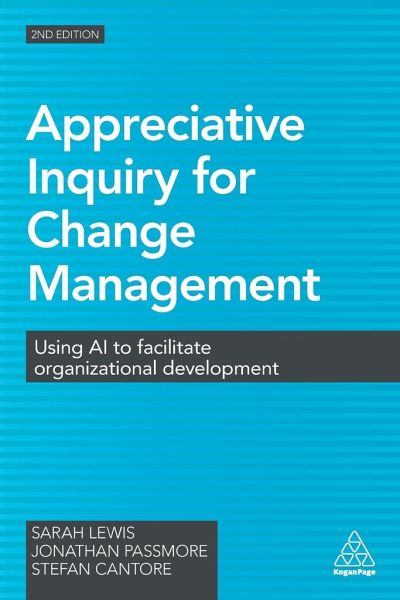
Appreciative Inquiry for Change Management
Using AI to Facilitate Organizational Development

PAYBACK Punkte
21 °P sammeln!
Appreciative Inquiry (AI) is a widely recognised process for engaging people in organizational development and change management. Based on conversational practice, it is a particular way of asking questions, fostering relationships and increasing an organization's capacity for collaboration and change. It focuses on building organizations around what works, rather than trying to fix what doesn't, and acknowledges the contribution of individuals in increasing trust and organizational alignment and effectiveness. Appreciative Inquiry for Change Management studies AI in depth, identifying what ma...
Appreciative Inquiry (AI) is a widely recognised process for engaging people in organizational development and change management. Based on conversational practice, it is a particular way of asking questions, fostering relationships and increasing an organization's capacity for collaboration and change. It focuses on building organizations around what works, rather than trying to fix what doesn't, and acknowledges the contribution of individuals in increasing trust and organizational alignment and effectiveness. Appreciative Inquiry for Change Management studies AI in depth, identifying what makes it work and how to implement it to improve performance within the business.
Appreciative Inquiry for Change Management explains the skills, perspectives and approaches needed for successful AI, and demonstrates how a practical conversational approach can be applied to organizational challenges in times of change. Case studies from organizations that have already integrated AIinto their change management practice, including Nokia and BP, reveal why the processes are valuable and how to promote, create and generate such conversations in other organizations. Written in jargon-free language, this second edition now includes chapters on how positive psychology can enhance appreciative practice and appreciative coaching, making it an essential resource for anyone looking to implement AI in their organization.
Appreciative Inquiry for Change Management explains the skills, perspectives and approaches needed for successful AI, and demonstrates how a practical conversational approach can be applied to organizational challenges in times of change. Case studies from organizations that have already integrated AIinto their change management practice, including Nokia and BP, reveal why the processes are valuable and how to promote, create and generate such conversations in other organizations. Written in jargon-free language, this second edition now includes chapters on how positive psychology can enhance appreciative practice and appreciative coaching, making it an essential resource for anyone looking to implement AI in their organization.








